Recent Posts
Discover our latest articles on SEO, digital marketing, and online business growth strategies.

How to Find High-DA Expired Domains in 2025: Complete Guide
Learn how to find high-DA expired domains in 2025 with our step-by-step guide. Discover the best tools and strategies for finding valuable expired domains for SEO and website building.
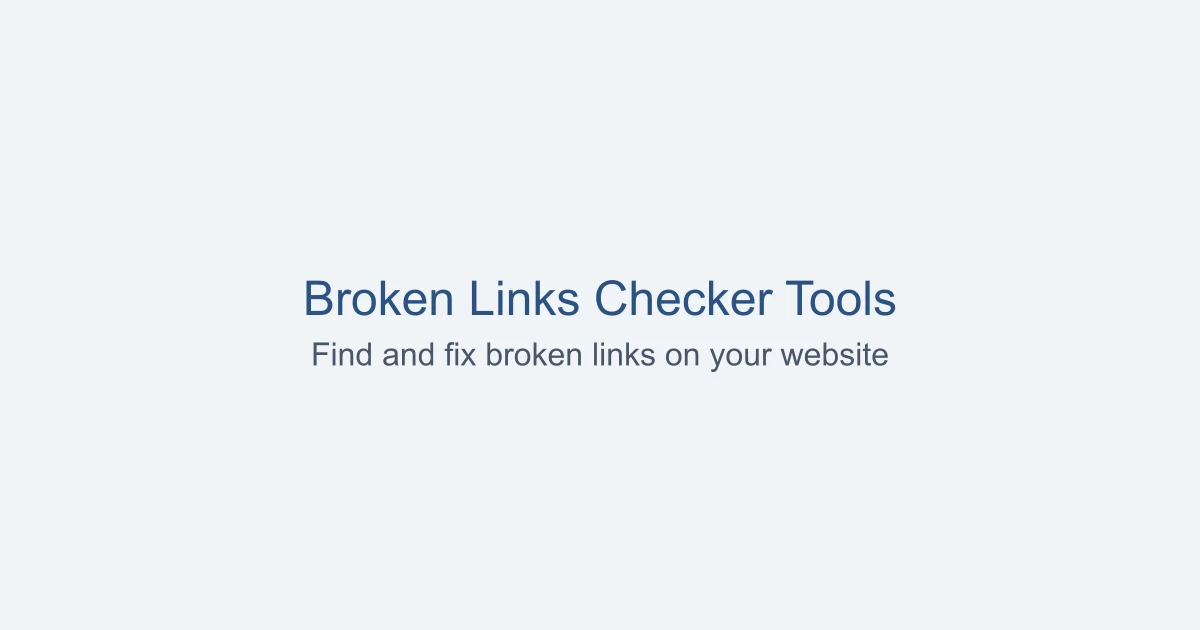
Best Website Broken Links Checker Tools Online Free
Discover the top free broken links checker tools to find and fix broken links on your website. Improve user experience and SEO with these essential tools.
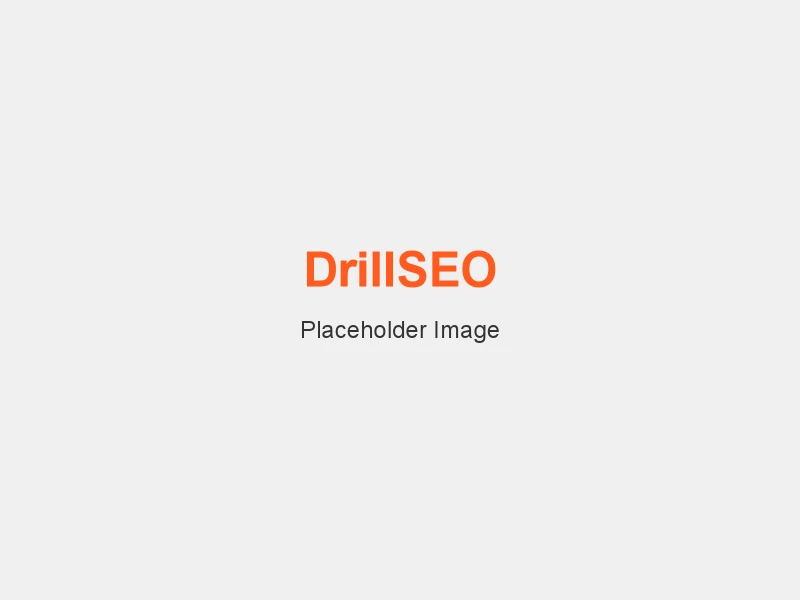
What is SEO? A Comprehensive Guide to Search Engine Optimization
Learn what SEO is, how it works, and why it's essential for your website's success in this comprehensive guide to search engine optimization.
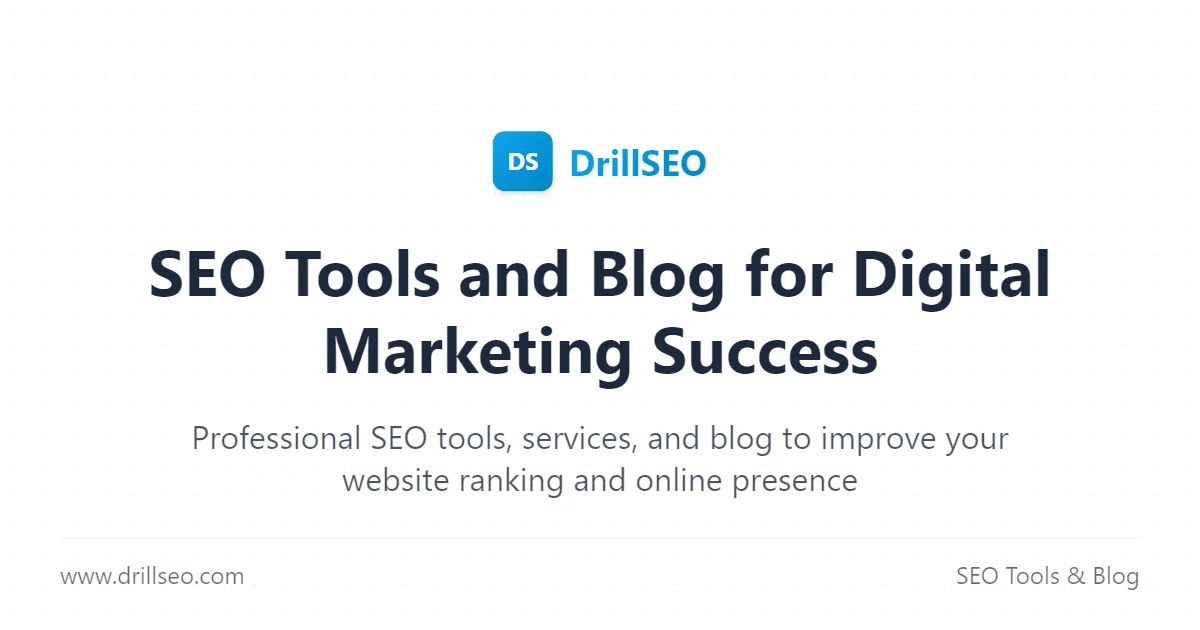
AI SEO Tools: The Complete Guide for 2025
Discover the best AI SEO tools in 2025 to boost your rankings, automate tasks, and outperform competitors. Comprehensive guide with comparisons and tips.
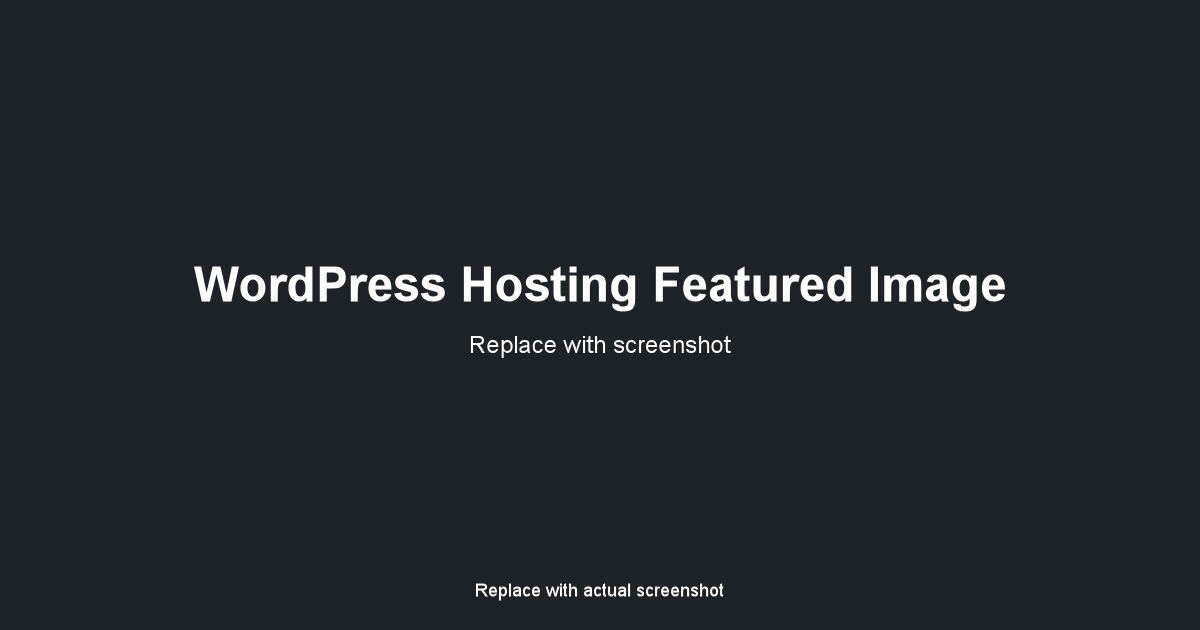
Best WordPress Hosting Providers in 2025 (Compared)
Compare the best WordPress hosting providers of 2025. In-depth analysis of speed, reliability, features, pricing, and support to find your perfect host.
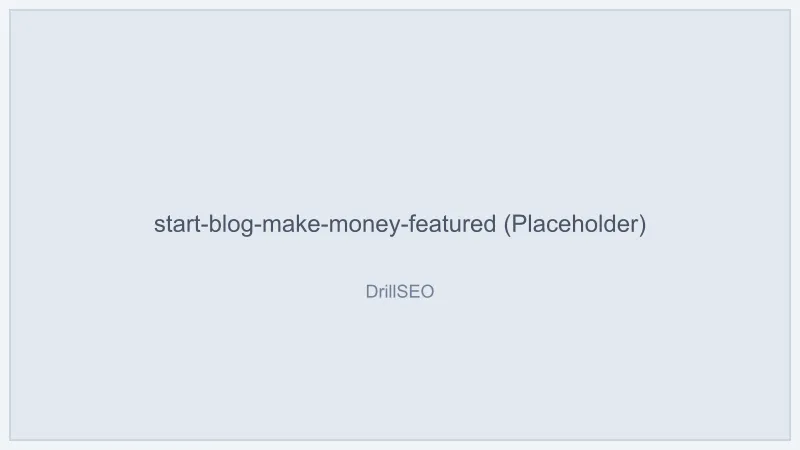
How to Start a Blog and Make Money in 2025 (Complete Guide)
Learn how to start a blog and make money in 2025 with this step-by-step guide. From setup to monetization strategies that actually work.
Browse by Category
Find the content that matters most to you by exploring our specialized categories
Stay Updated with SEO Tips
Subscribe to our newsletter to receive the latest SEO tips, tools, and strategies directly in your inbox
We respect your privacy. Unsubscribe at any time.